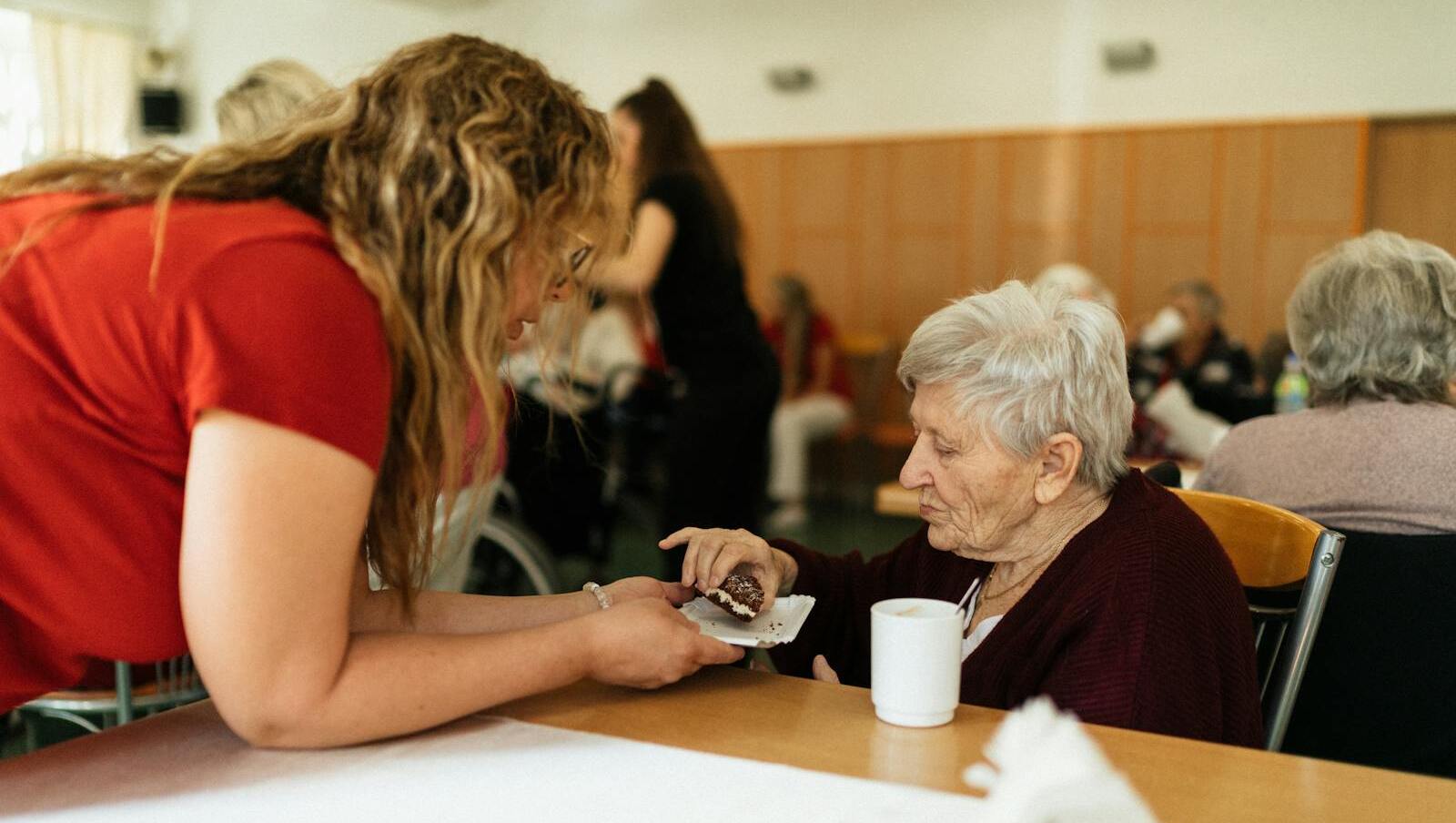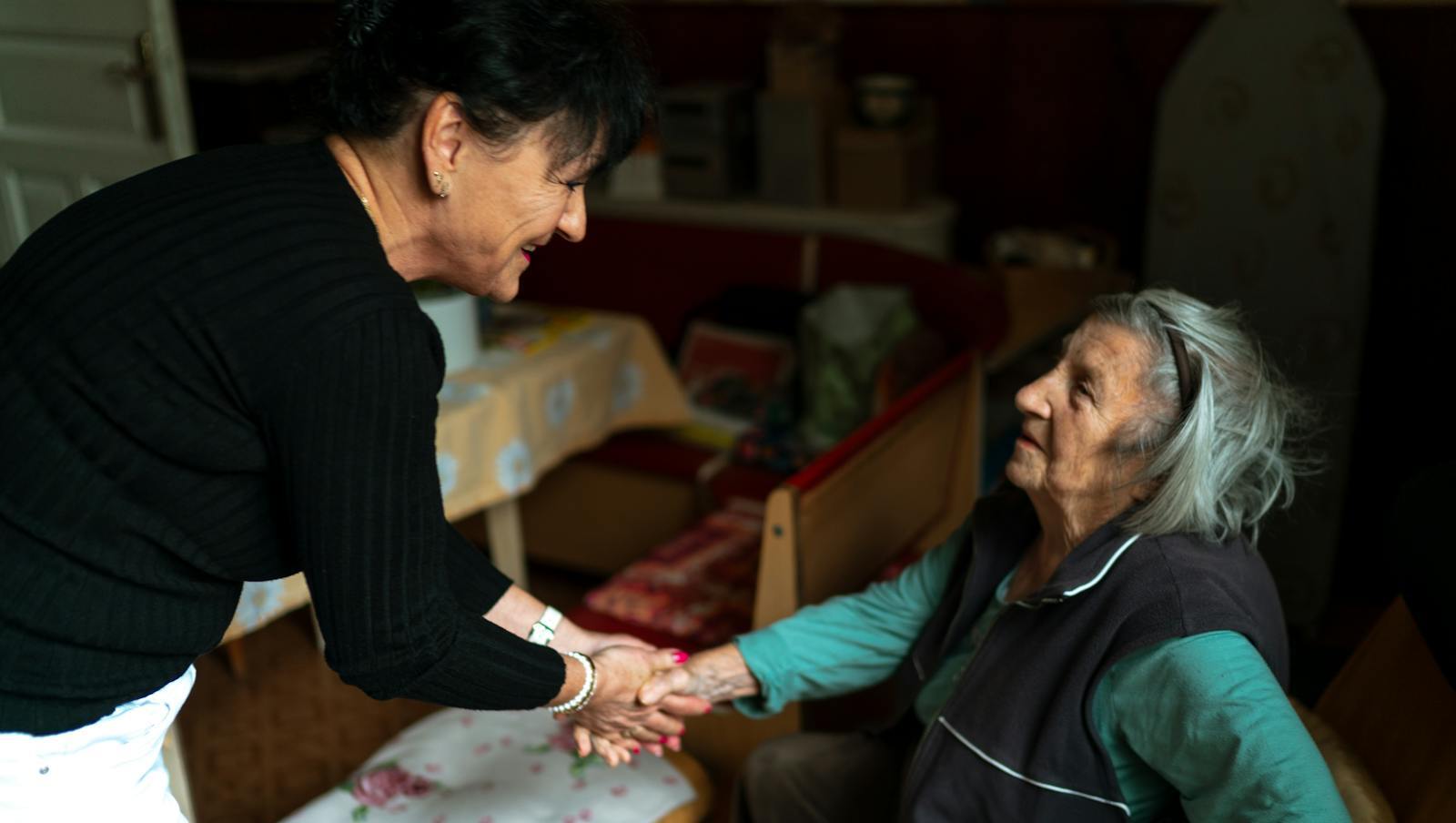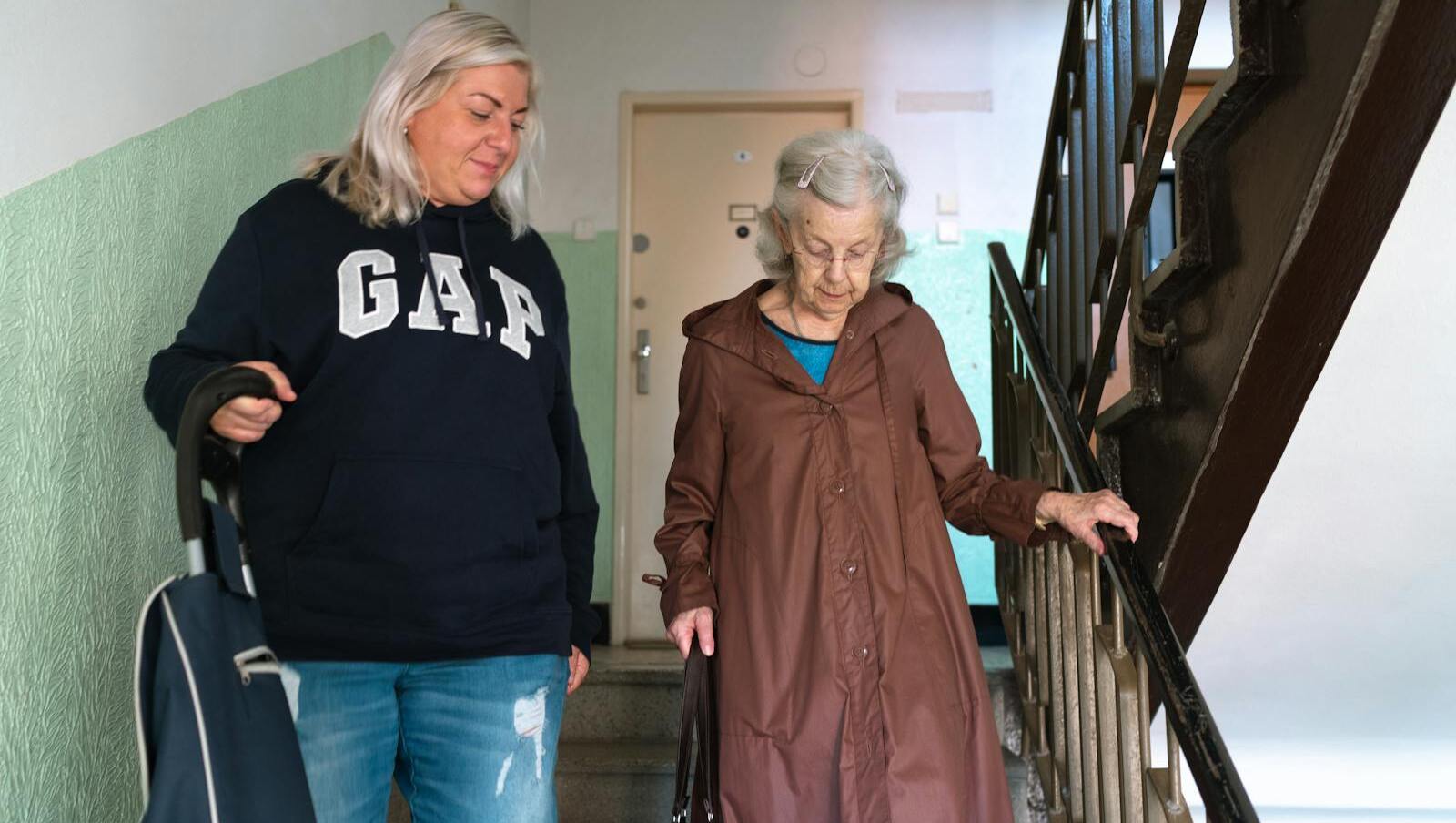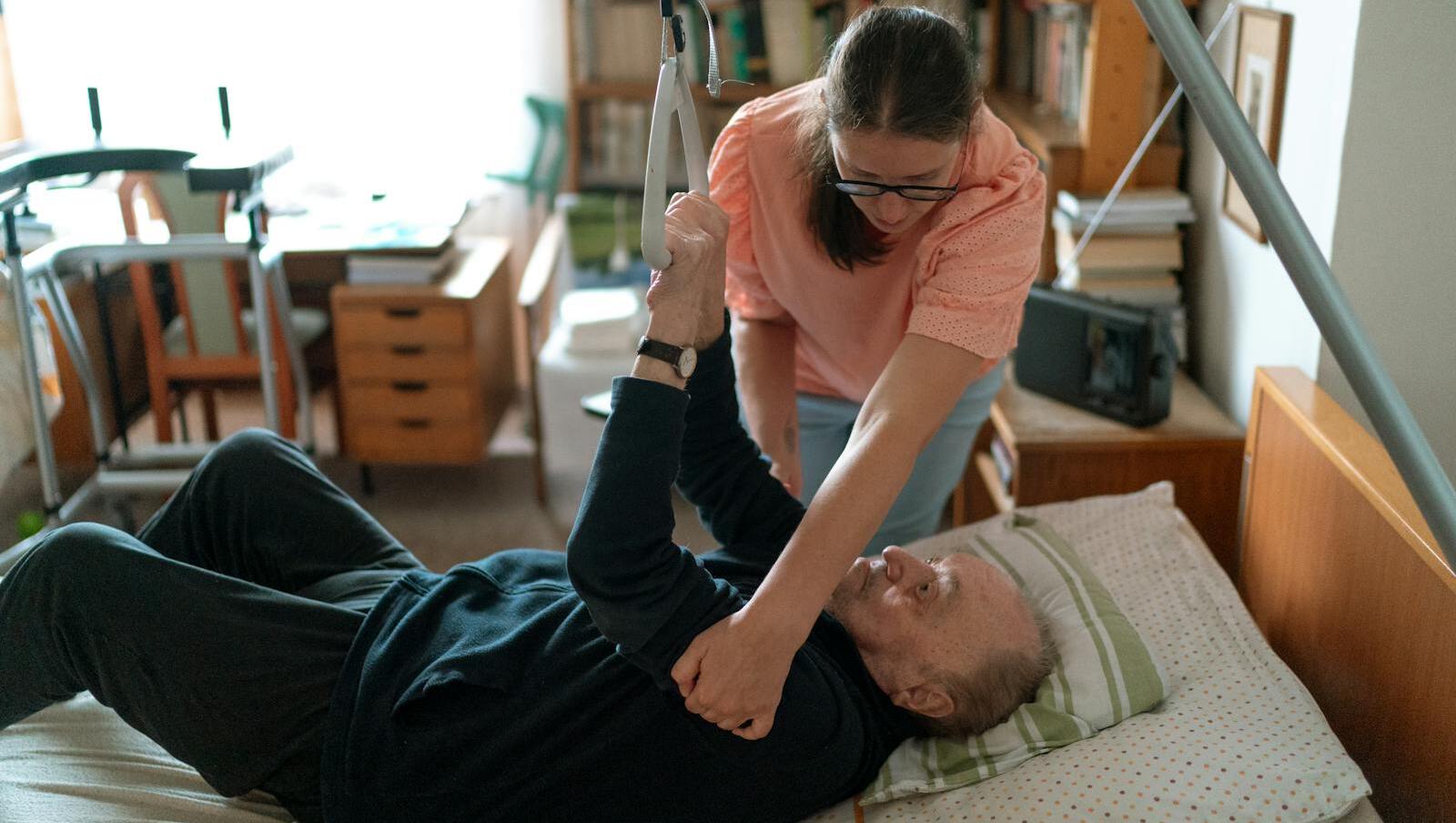Can I Sue a Nursing Home for Bedsores?

If you’ve discovered your loved one suffering from bedsores (also called pressure ulcers or pressure sores) while under nursing home care, you’re likely experiencing a whirlwind of emotions – anger, guilt, and uncertainty about what to do next.
The question that keeps you up at night: Can I sue a nursing home for bedsores?
The short answer is yes – and you absolutely should consider it. Bedsores in nursing homes are almost always preventable with proper care. Their presence often indicates nursing home neglect, which is grounds for a lawsuit against the facility.
At the Nursing Home Firm, we’ve seen firsthand how devastating these injuries can be for residents and their families. Let’s break down what you need to know about bedsores, nursing home neglect, and your legal options.
What Are Bedsores and Why Do They Matter?
Bedsores (pressure ulcers) develop when pressure on the skin restricts blood flow to an area for an extended period. They commonly form on bony areas like the tailbone, hips, heels, and ankles.
For nursing home residents with limited mobility, the risk of developing bedsores increases dramatically if staff members don’t regularly reposition them. That’s why nursing home residents are particularly susceptible to bedsores – many cannot move independently.
Bedsores progress through stages, becoming increasingly severe:
- Stage 1 bedsore: Reddened, warm skin that doesn’t blanch (turn white) when pressed
- Stage 2 bedsore: Partial thickness skin loss, appearing as a shallow open wound or blister
- Stage 3 bedsore: Full thickness skin loss extending into, but not through, underlying tissue
- Stage 4 bedsore: Severe tissue loss with exposed muscle, bone, or tendon
Untreated bedsores can lead to serious complications, including infection, sepsis, and even death. And here’s the most crucial point: bedsores are almost always preventable with proper nursing care.
Bedsores as Evidence of Nursing Home Neglect
When we investigate cases involving bedsores, we’re looking at more than just the wounds themselves. We’re examining a potential pattern of nursing home neglect.
Why are bedsores such a red flag for neglect? Because they directly result from:
- Failure to regularly reposition immobile residents (typically every two hours)
- Inadequate nutrition and hydration
- Poor skin care and hygiene
- Insufficient staffing levels
- Improper training of nursing home staff
Neglect in nursing homes may stem from various issues: understaffing, inadequate training, or simple indifference. Whatever the cause, nursing homes must provide a standard of care that prevents these painful, dangerous injuries.
Tennessee law, like the laws in most states, recognizes that nursing homes have a duty to provide appropriate care to residents. When they fail to prevent bedsores due to neglect, they may be held legally accountable.
When Can You Sue a Nursing Home for Bedsores?
Not every bedsore automatically means you can sue a nursing home. The presence of a bedsore must be linked to negligent care. To have grounds for a bedsore lawsuit, you’ll need to establish:
- A duty of care existed: The nursing home had a legal obligation to provide proper care to your loved one
- Breach of duty occurred: Staff failed to provide the standard of care required to prevent bedsores
- The breach caused harm: Your loved one developed bedsores due to nursing home neglect
- Damages resulted: Your loved one suffered physical pain, emotional distress, additional medical expenses, etc.
Examples of Negligence That Leads to Bedsore Lawsuits
Our nursing home abuse and neglect cases often reveal specific failures in care, such as:
- Staff not turning or repositioning immobile residents regularly
- Failure to conduct proper skin assessments
- Not providing appropriate nutrition and hydration
- Ignoring early signs of skin breakdown
- Inadequate wound care once bedsores develop
- Failure to notify physicians or family members about developing bedsores
- Insufficient staffing leading to rushed or missed care
Even a single lapse in these areas can begin the process of bedsore formation. Multiple failures often indicate systemic problems within the nursing facility.
The Bedsore Lawsuit Process: What to Expect
If your loved one has suffered from bedsores due to nursing home neglect, here’s what the legal process typically involves:
1. Initial Consultation and Case Evaluation
First, we’ll meet to discuss the specifics of your situation. We’ll need to review:
- Medical records documenting the bedsores
- Nursing home records showing care provided (or not provided)
- Photographs of the injuries
- Witness statements from family, visitors, or other residents
- Any communications with nursing home staff about the issues
2. Investigation Phase
Our team will work to gather evidence that the bedsores resulted from neglect rather than unavoidable causes. This may involve:
- Consulting with medical experts about the nature and cause of the bedsores
- Reviewing staffing records to identify potential understaffing issues
- Examining the nursing home’s policies and procedures
- Interviewing current or former nursing home staff when possible
3. Filing the Lawsuit
If our investigation supports a claim of nursing home neglect, we’ll file a lawsuit against the facility and potentially other responsible parties. The lawsuit will detail how the nursing home failed in its duty and how those failures resulted in your loved one’s bedsores.
4. Resolution Through Settlement or Trial
Many nursing home bedsore lawsuits settle before reaching trial. However, we prepare every case as if it will go before a jury. If a fair settlement can’t be reached, we’re ready to advocate for your loved one in court.
Potential Compensation in a Bedsore Lawsuit
When we pursue a bedsore lawsuit on behalf of a nursing home resident, several types of damages may be recoverable:
- Medical expenses: Costs for treating the bedsores, including hospitalizations, surgeries, medications, and ongoing wound care
- Pain and suffering: Compensation for the physical pain and emotional distress caused by the bedsores
- Disability or disfigurement: Damages for permanent scarring or limitations resulting from the injuries
- Loss of enjoyment of life: Compensation for reduced quality of life
- In severe cases involving death: Wrongful death damages for surviving family members
The value of a bedsore lawsuit varies significantly based on factors such as:
- The severity of the bedsores (stage 1 through stage 4)
- The duration of suffering
- Whether proper treatment was eventually provided
- The impact on overall health and quality of life
- In some cases, evidence of intentional neglect or abuse
Preventing Bedsores in Nursing Homes
While we’re here to help when neglect has already occurred, we also want to share how bedsores can be prevented. If you have a loved one in a nursing home, be vigilant about:
- Ensuring staff regularly reposition immobile residents
- Checking that proper cushioning and pressure-relieving devices are being used
- Monitoring nutrition and hydration status
- Inspecting skin during visits, especially in areas prone to bedsores
- Immediately reporting any signs of skin breakdown to nursing staff and administrators
Why Choose The Higgins Firm for Your Bedsore Lawsuit
When families come to us with cases involving bedsores in nursing homes, they’re often overwhelmed and unsure where to turn. Our approach combines legal expertise with genuine compassion for what you’re going through.
Our nursing home abuse attorneys specialize in these cases. We understand the medical aspects of bedsores, the standards of care nursing homes must meet, and how to prove neglect led to your loved one’s injuries.
We work on a contingency fee basis – meaning you pay nothing unless we recover compensation for you. This allows families of all financial backgrounds to pursue justice when nursing home neglect has caused harm.
Take Action If Your Loved One Has Suffered from Bedsores
Discovering bedsores on your loved one in a nursing home is heartbreaking. It often signals a serious breakdown in the care they deserve and were promised.
If you’re wondering, “Can I sue a nursing home for bedsores?” and you’re in Tennessee or surrounding areas, reach out to us for a free, confidential consultation. We’ll help you understand your options and the strength of your potential case.
No elderly person should suffer the pain and indignity of bedsores due to nursing home neglect. Let us help you hold negligent care facilities accountable and secure the compensation your loved one deserves.
Remember: Most bedsores are preventable with proper care. Their presence often indicates neglect that deserves to be addressed – not just for your loved one, but for all nursing home residents who depend on proper care for their dignity and well-being.





